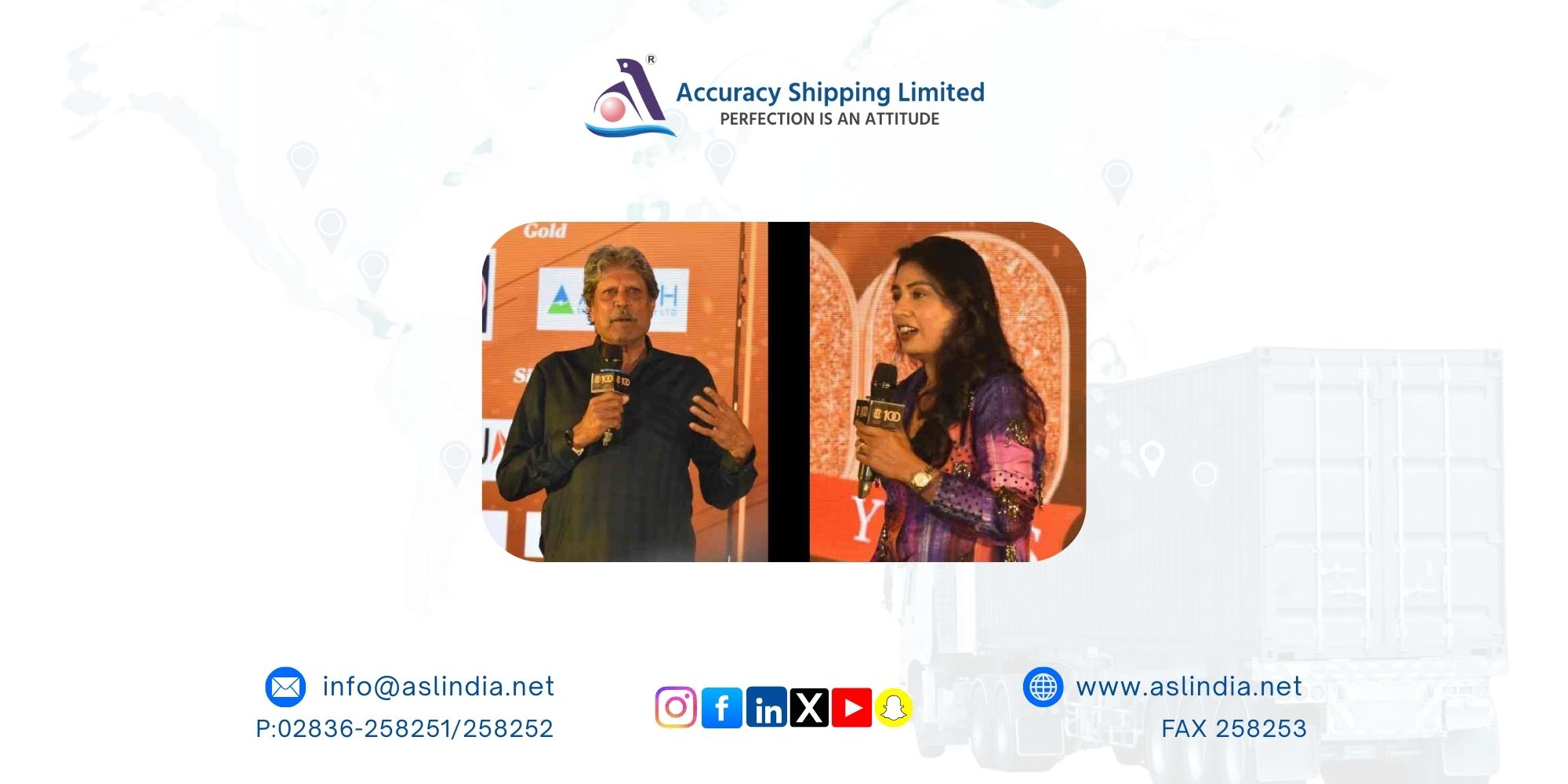World adopting AI faster than ever before, says Sundar Pichai at Google I/O as Glasses make a comeback

At the recently concluded Google I/O 2025 in California, Google CEO Sundar Pichai made a bold and confident declaration: “The world is adopting AI faster than ever before.” And judging by the array of announcements from the tech giant, that statement couldn’t be more accurate.
From AI-infused search tools to cutting-edge video generation, Google’s AI ecosystem is expanding rapidly, and it’s clear the company is betting big on making artificial intelligence a natural part of everyday life.
🚀 Gemini: Bringing AI to Over 400 Million Users
Sundar Pichai highlighted an impressive milestone: over 400 million monthly users are now using Gemini products. That makes Google the largest platform in terms of GenAI reach.
“More intelligence is available for everyone, everywhere,” said Pichai. “We’ve released over a dozen foundation models since last year’s I/O.”
This reflects Google’s broader mission — democratizing artificial intelligence and making it not just accessible, but useful and personal.
💡 The AI Mode in Search: A New Era of Information Discovery
Among the biggest changes is the rollout of AI Mode in Google Search, now launching in the U.S. This feature redefines how we interact with search engines.
Key Highlights:
End-to-end AI mode that can process long prompts and multi-faceted queries.
Agentic checkout and AI-powered shopping, including virtual try-ons using the user's own photos.
Query fan-out technology that breaks your question into subtopics and fires multiple searches at once, digging deeper than ever before.
“You can bring your hardest questions right to the search box,” said Liz Reid, VP and Head of Google Search.
🎥 Veo 3, Imagen 4 & Flow: Next-Level Creativity Tools
Google also introduced a powerful suite of generative tools for creators:
Veo 3: The latest version of Google’s video generation platform, now with native audio generation.
Imagen 4: An advanced image generator capable of photorealistic, high-resolution outputs.
Flow: A groundbreaking AI filmmaking tool, built to integrate seamlessly with both Veo and Imagen. It gives creators tools like scene builders, camera controls, and asset management, all powered by Gemini.
“Flow helps storytellers explore ideas without bounds,” noted the development team.
🌐 Google Beam: Real-Time, AI-Driven Conversations Across Languages
A major leap in communication was unveiled in the form of Google Beam, an evolution of the once experimental Project Starline. Beam enables real-time language translation while maintaining voice nuance and personality, promising a natural, face-to-face feel in virtual calls.
“It brings the world closer together,” said Pichai. Beam makes seamless cross-language conversations a reality, another step towards a truly connected world.
🧠 Gemini 2.5 Flash: The Road to AGI
Another important update came from Sir Demis Hassabis, Nobel Laureate and CEO of Google DeepMind, who introduced Gemini 2.5 Flash.
Hassabis emphasized the company's grand vision: to evolve Gemini into a universal AI system — personal, proactive, and powerful — on the road to Artificial General Intelligence (AGI).
“AI has to be intelligent, understand the context, and be able to plan and act on your behalf,” he said.
👓 Smart Glasses Make a Comeback
While all eyes were on software, Google also hinted at a hardware revival. AI-powered smart glasses are quietly making a comeback — now more intelligent, context-aware, and seamlessly integrated with Google's AI ecosystem. These glasses could become the wearable interface of the AI age, capable of real-time translation, navigation, and even visual recognition.
📊 A New AI Product Era
In his keynote, Pichai acknowledged the challenges in balancing price and performance, but reassured that Google is delivering the best models at the most effective price point.
“We are in a new phase of the AI product shift,” he declared.
🌍 Final Thoughts
Google’s 2025 I/O event wasn't just about new features — it marked a fundamental shift in how we’ll search, create, communicate, and interact with the digital world. As AI becomes more personal, contextual, and integrated, it’s clear we’re not just living through a tech revolution — we’re living through a new digital renaissance.







